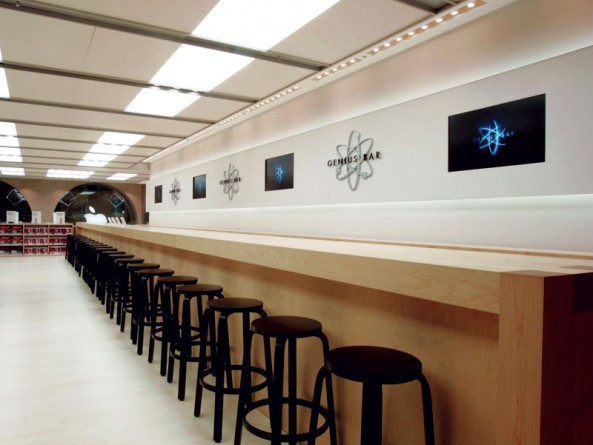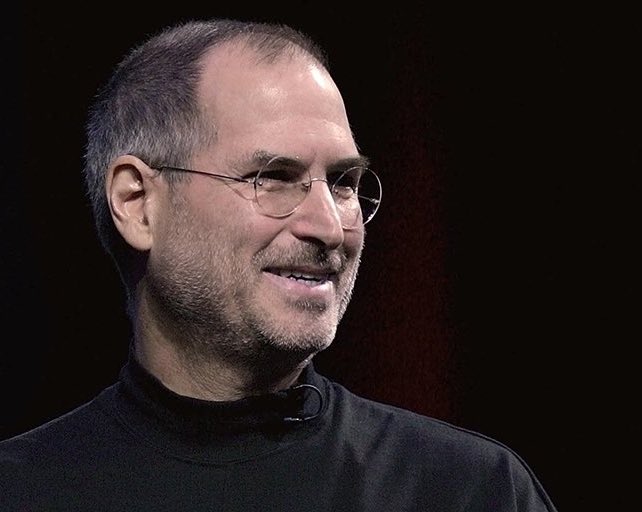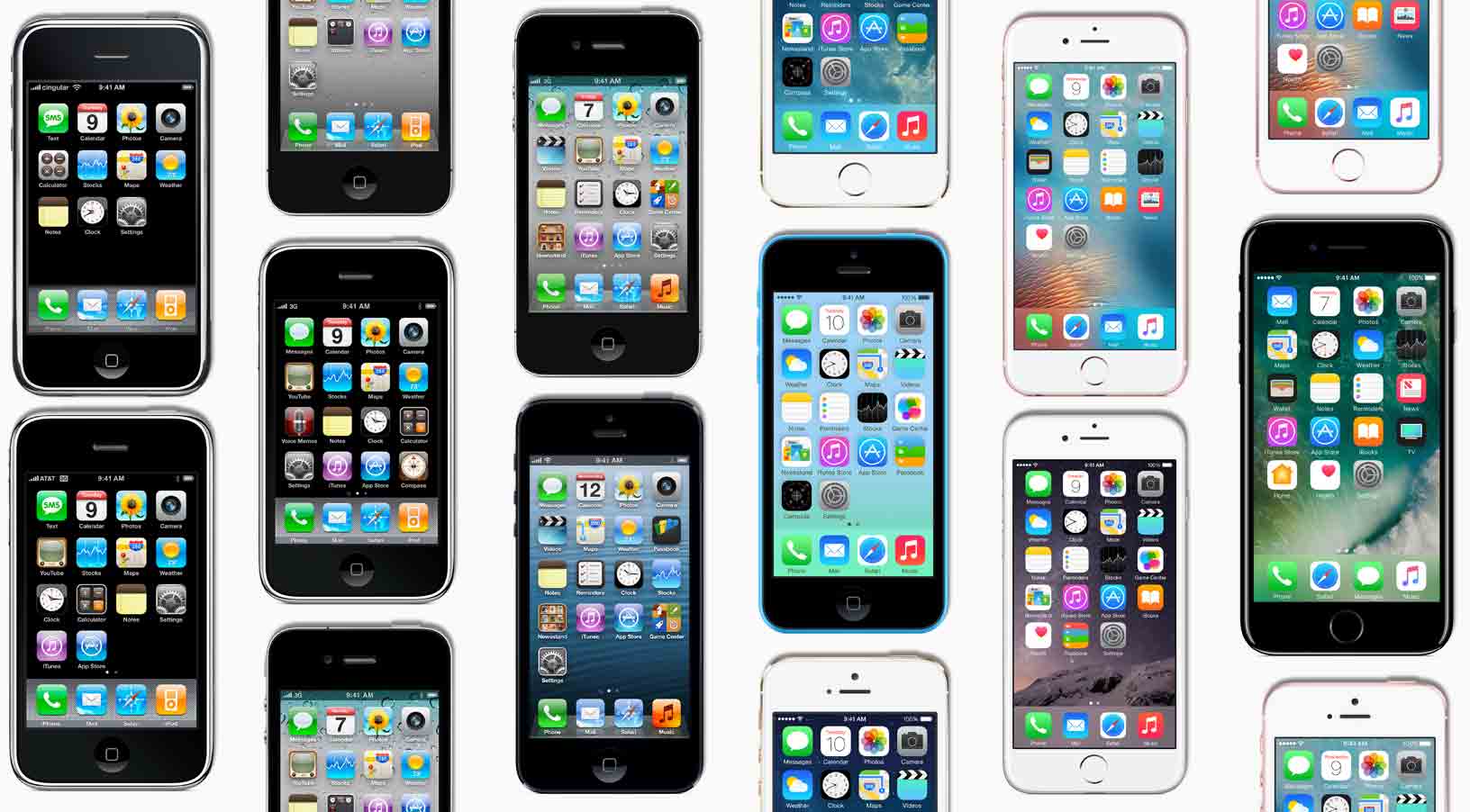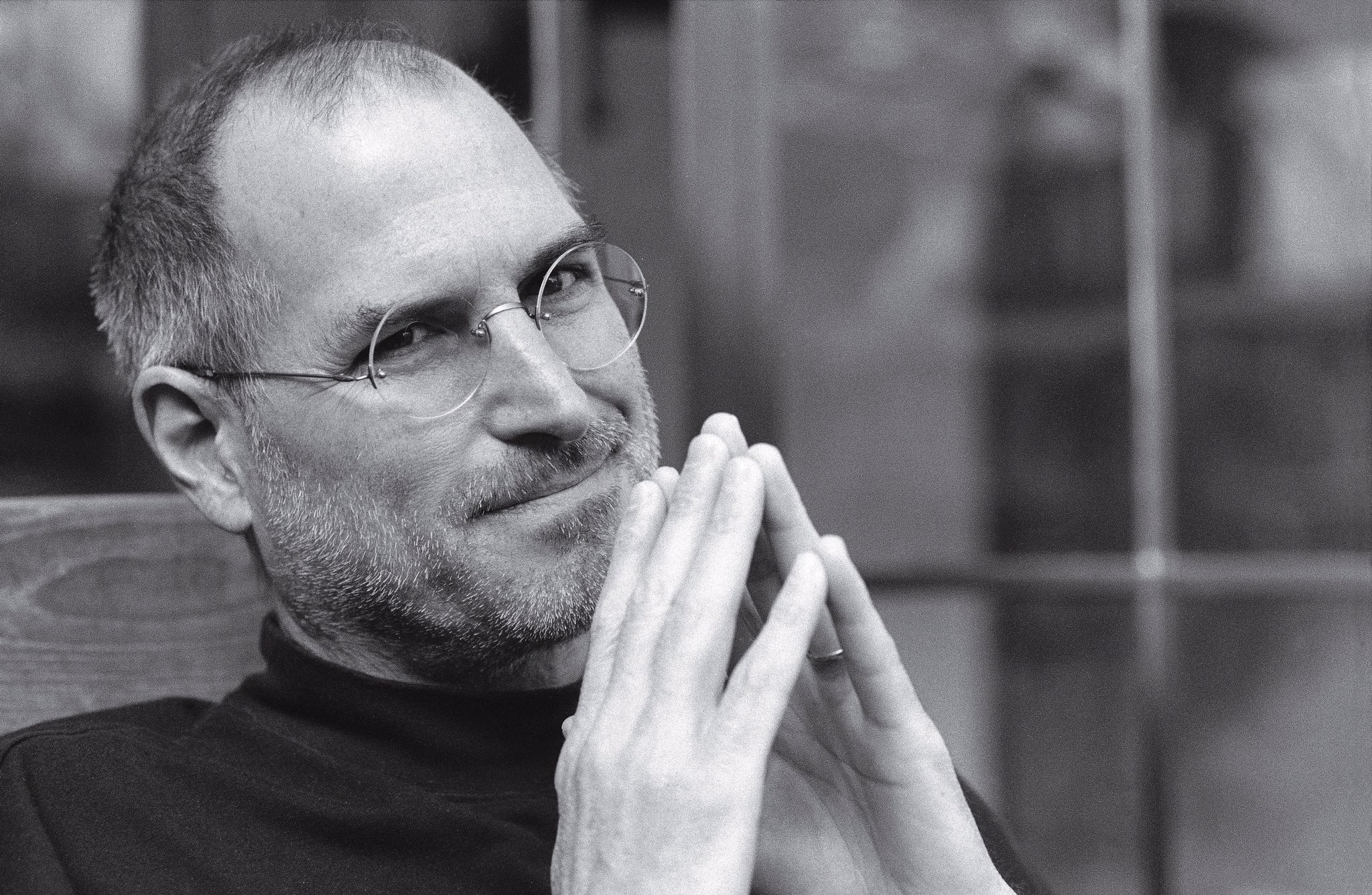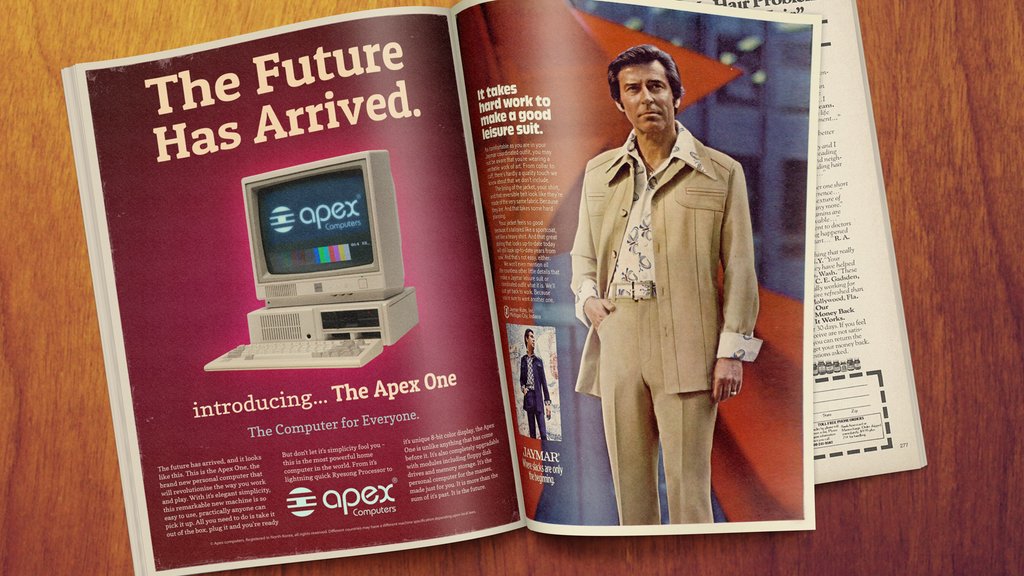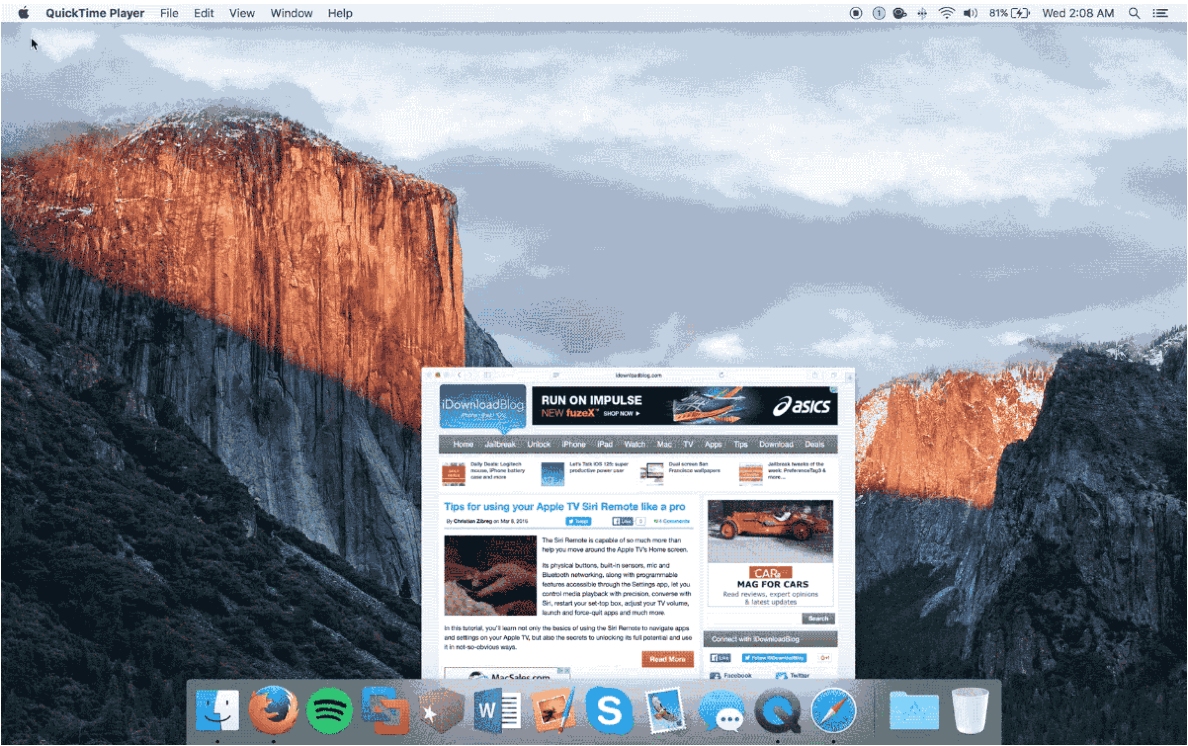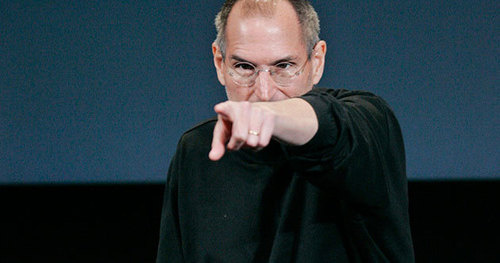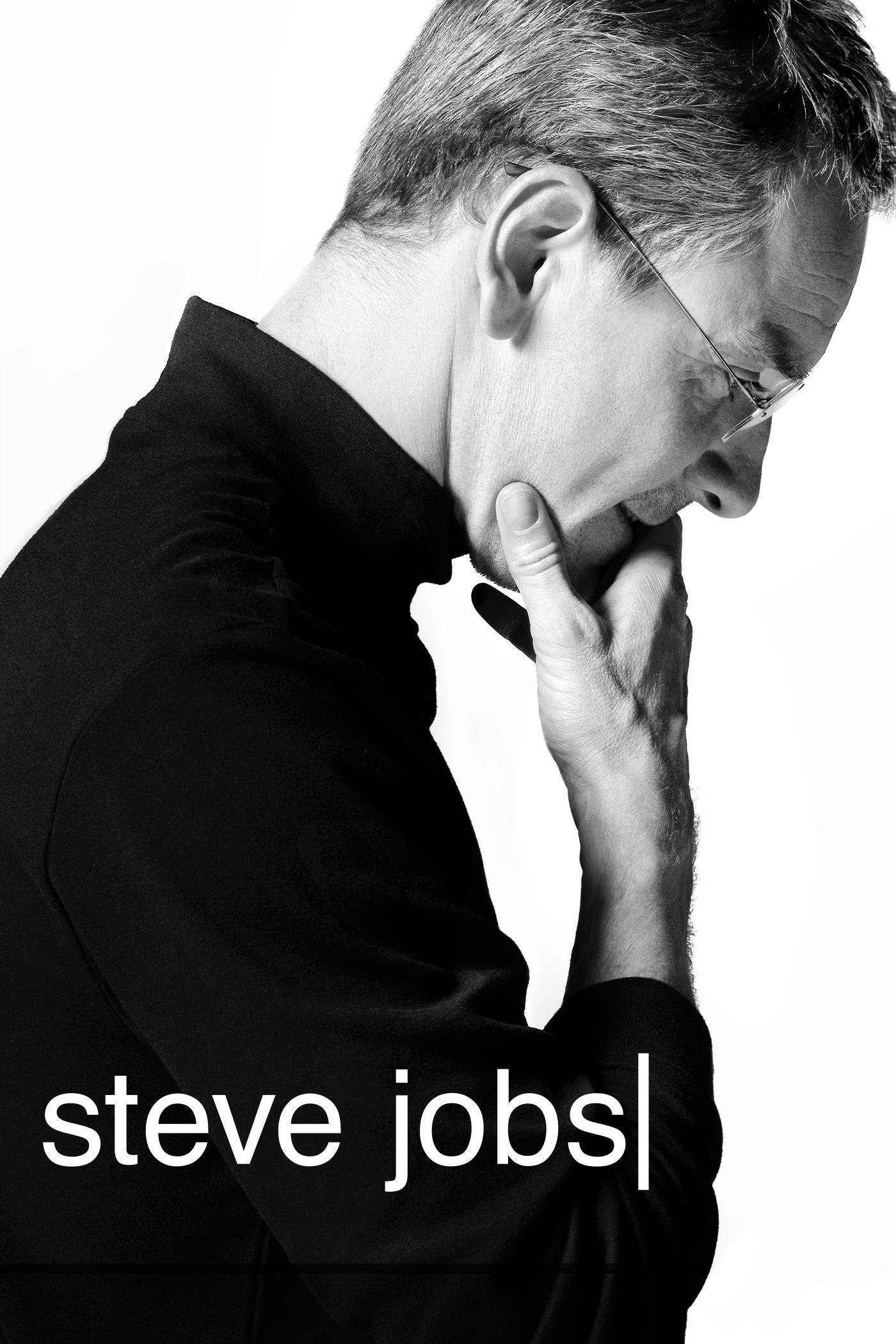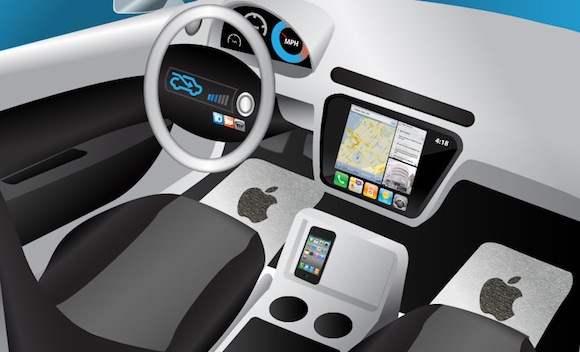It was The Wall Street Journal technology columnist Walt Mossberg, one of Steve Jobs's favorite reviewers, of all people who has finally managed to persuade then Apple CEO to expand the addressable market for iPods by bringing iTunes to Windows PCs.
Jobs, Nest founder Tony Fadell and then Apple executive charged with iPod and iPhone development recalls, long insisted that the iPod be used as a vehicle to increase Mac sales. “Steve, the iPod is $399. But really it’s not. Because you have to buy a Mac!” We had to give people a taste,” Fadell recalls telling Jobs, to no avail.
He eventually relented and agreed that Apple should bring iTunes to Windows, under one condition: the software was to be tested by journalist Walt Mossberg. “We’re going to build these and run it by Mossberg,” Jobs reportedly said. “And if Mossberg says it’s good enough to ship, then we’ll ship it.”
Walt reportedly said, “Not bad. I’d ship it,” and the rest is history.
